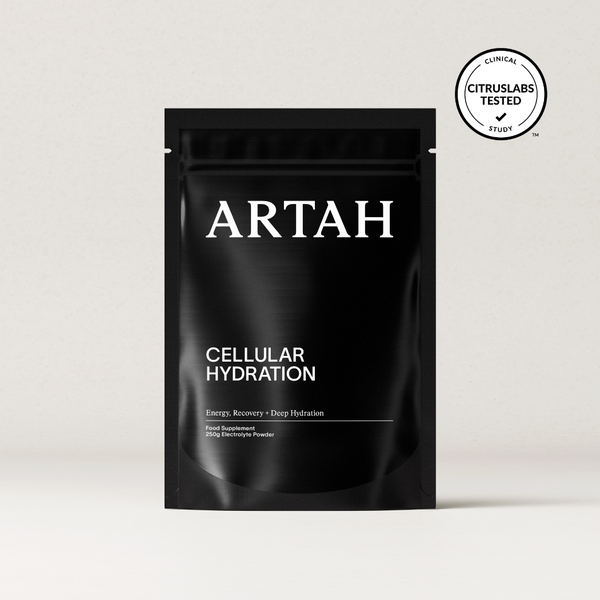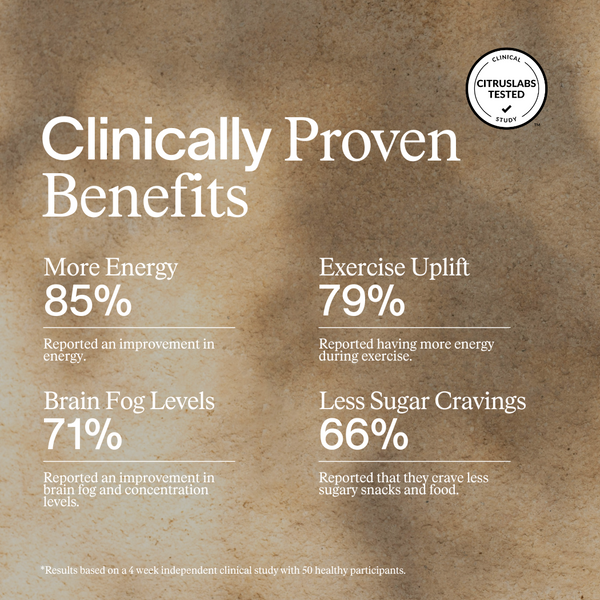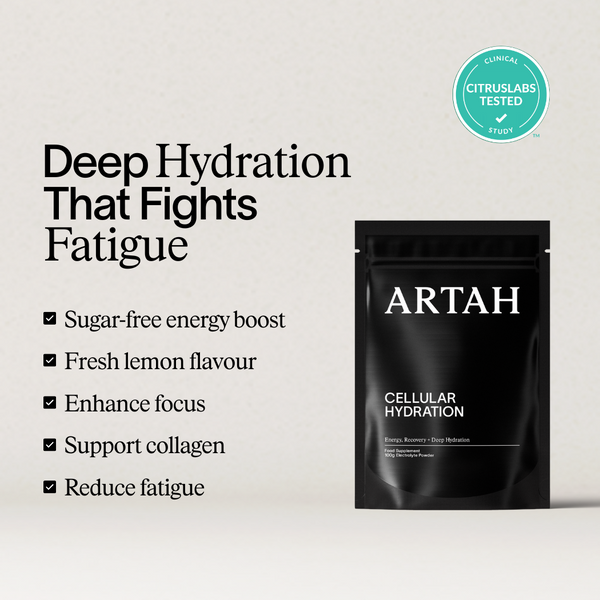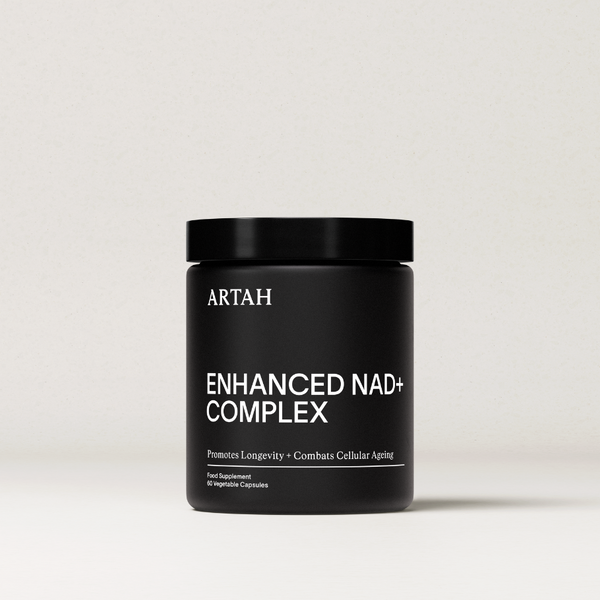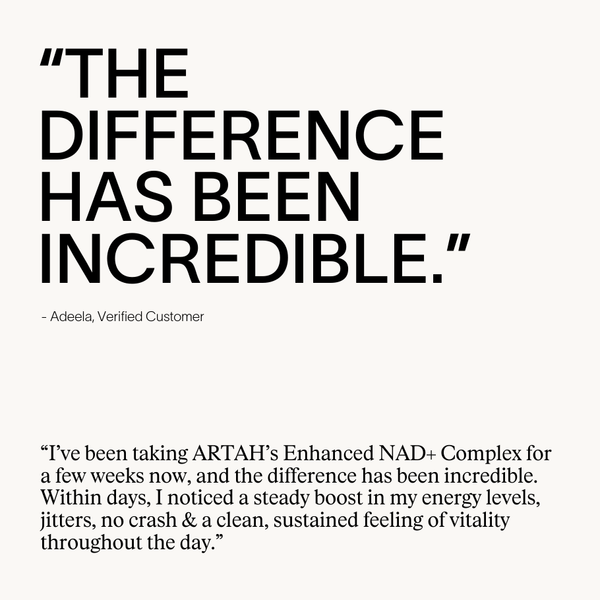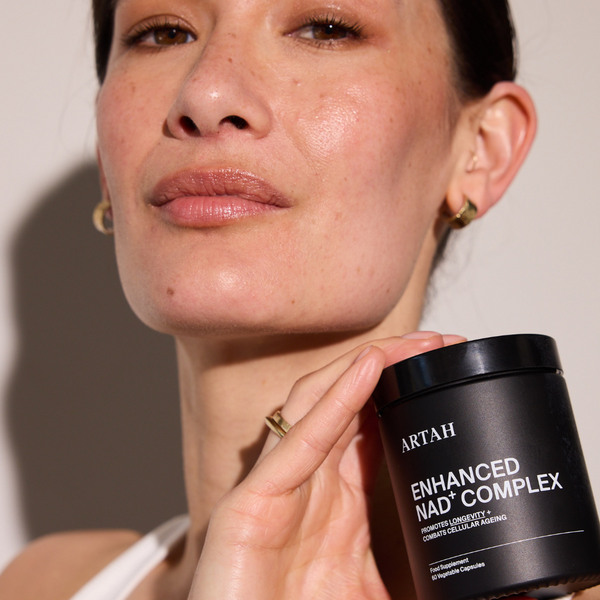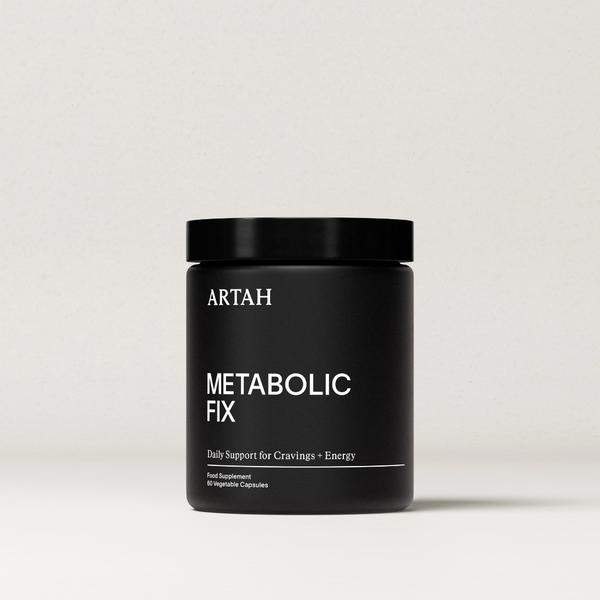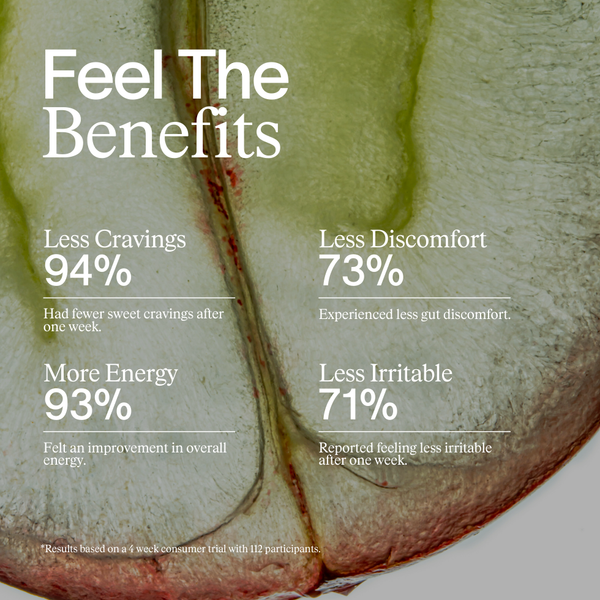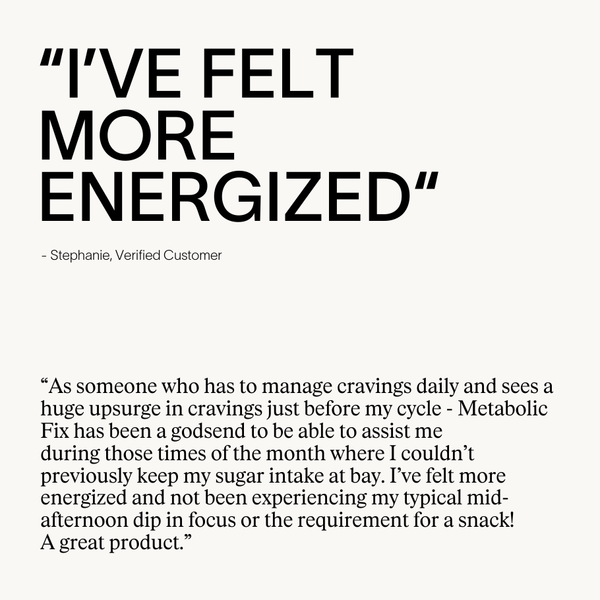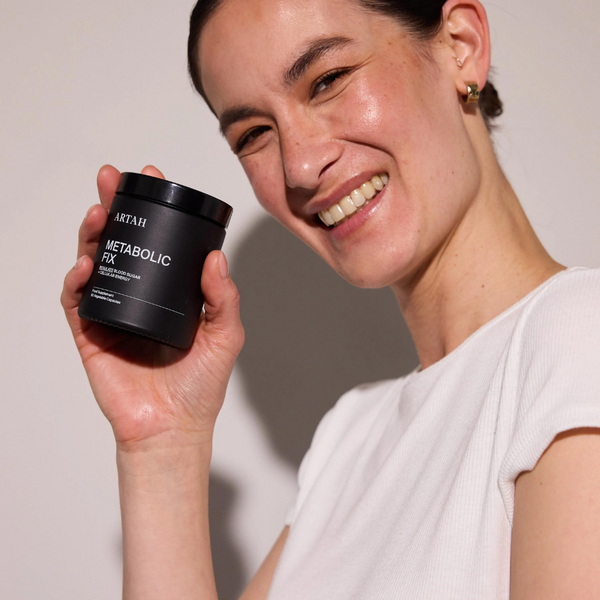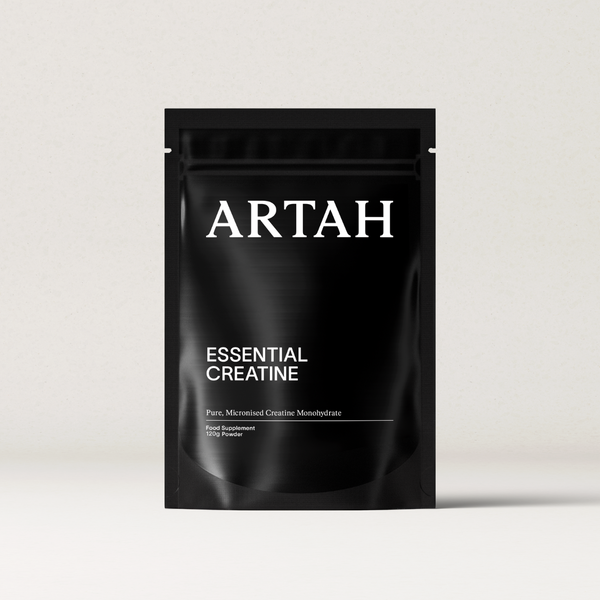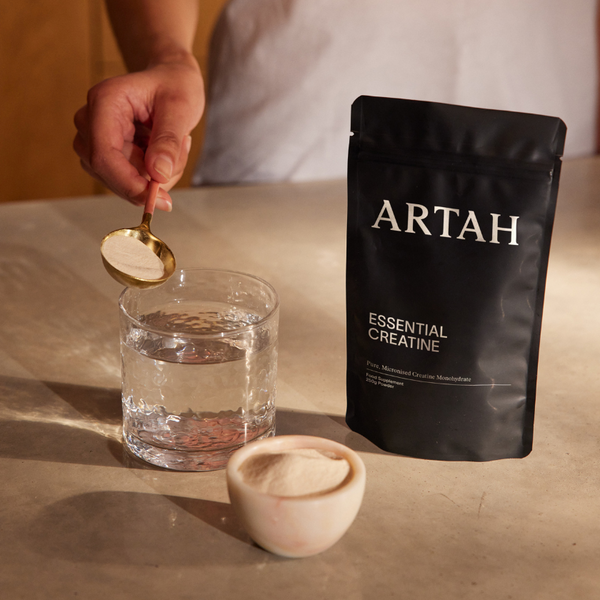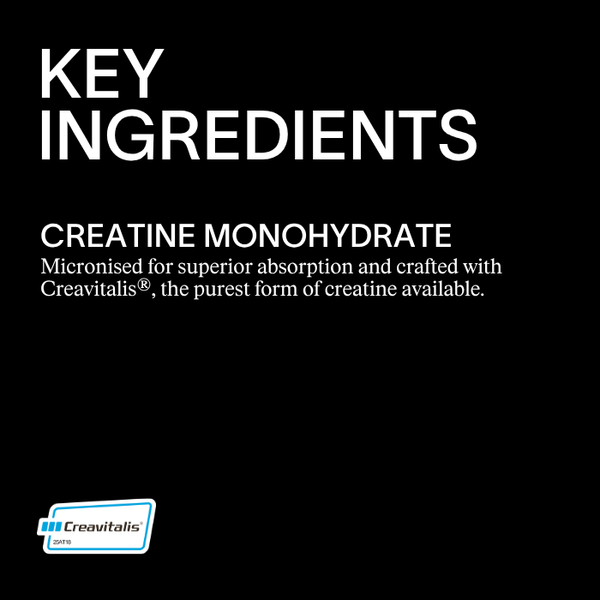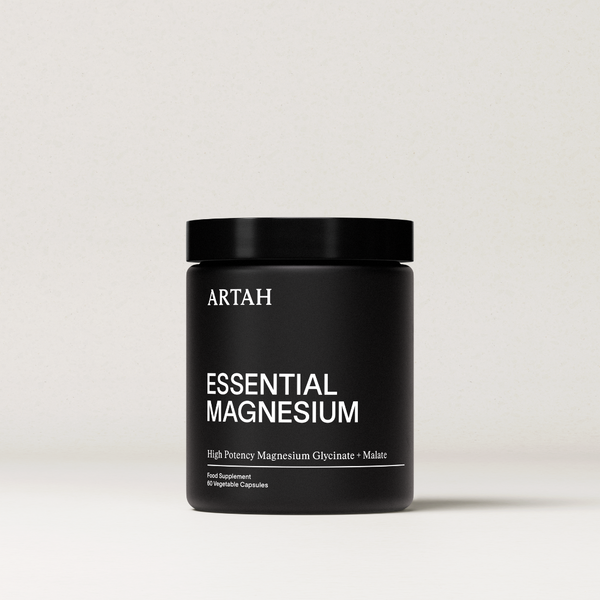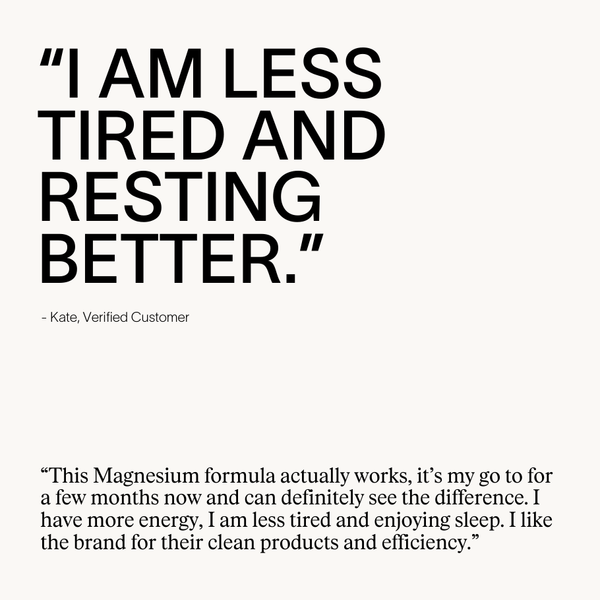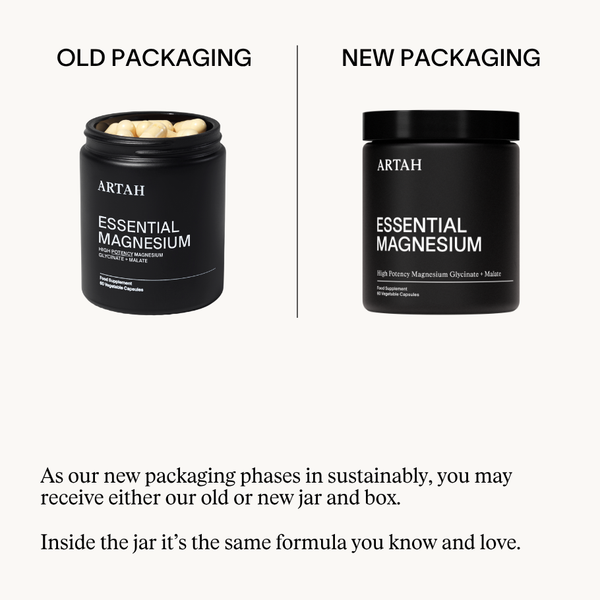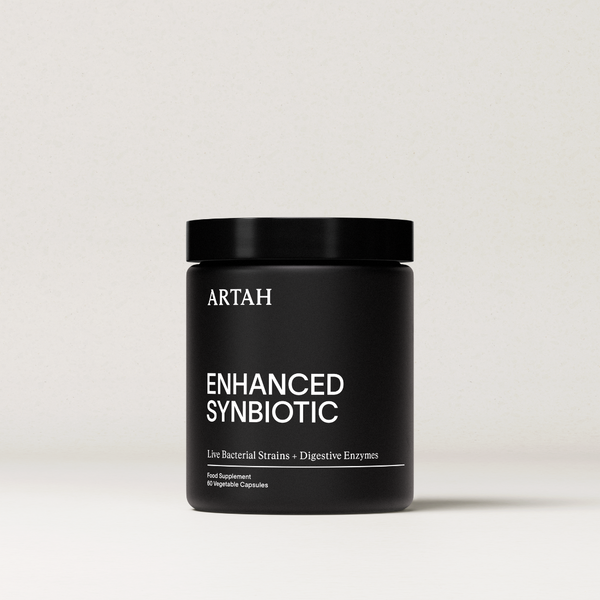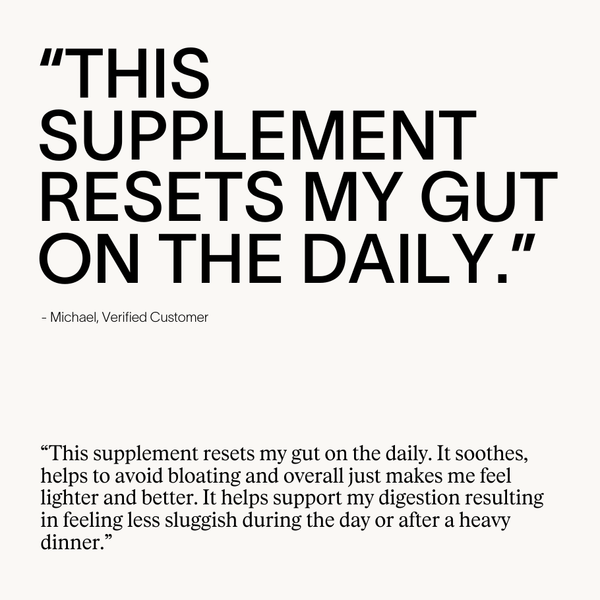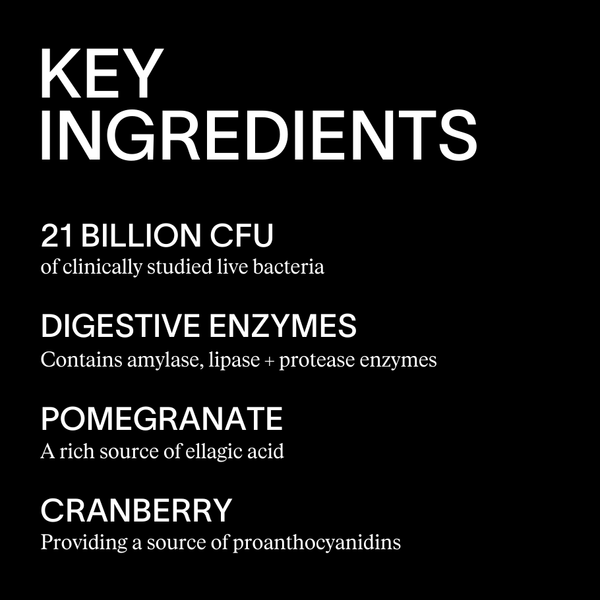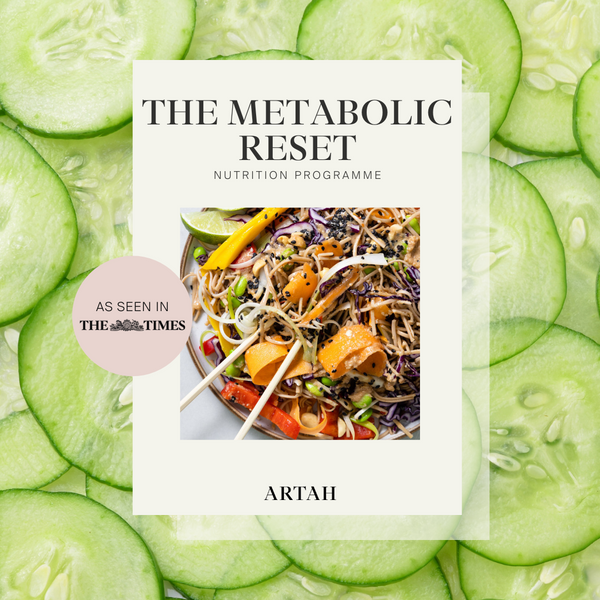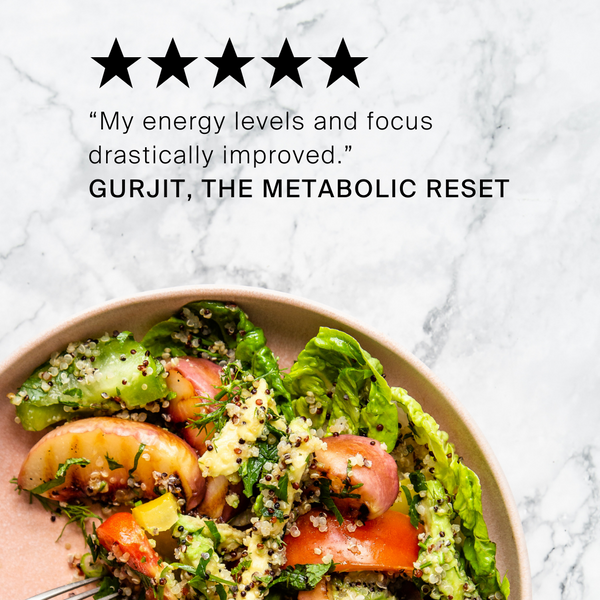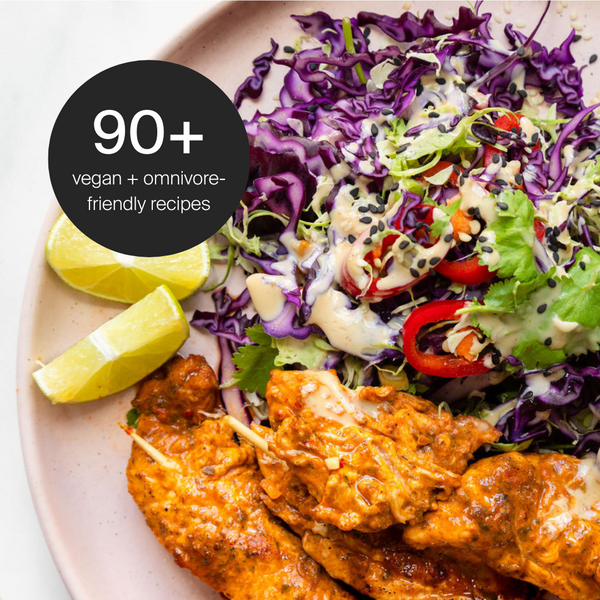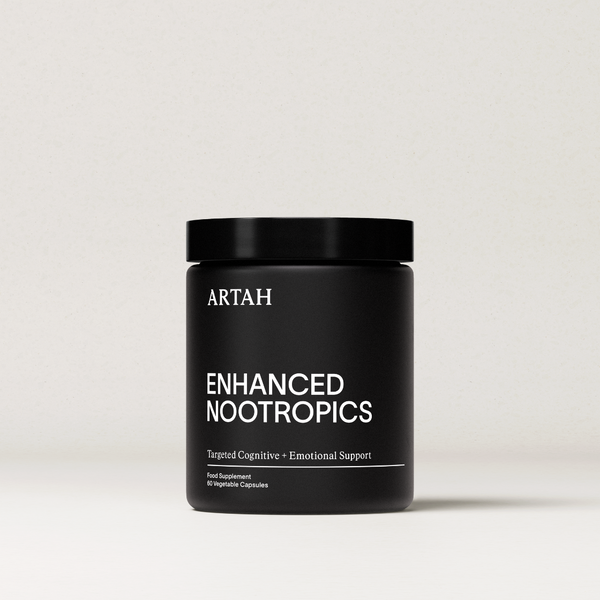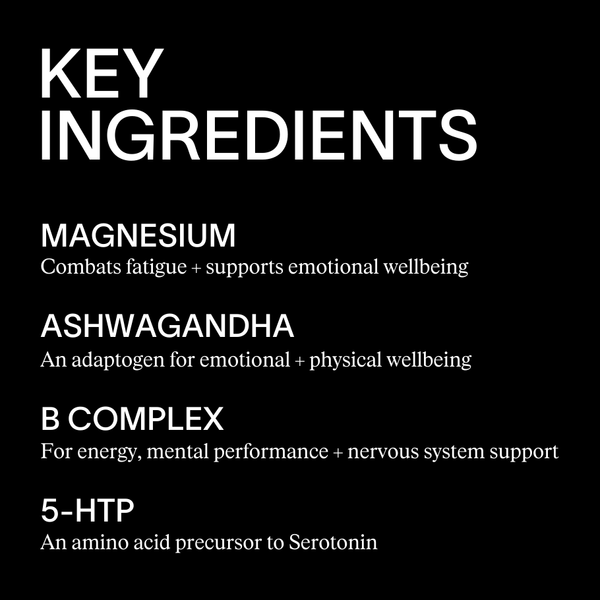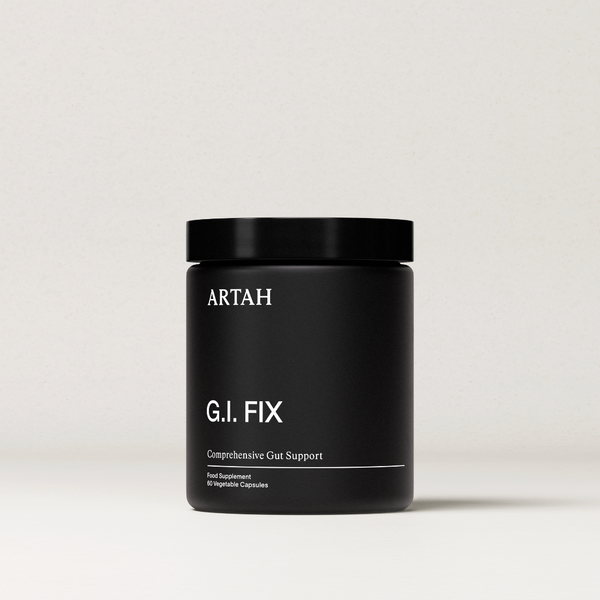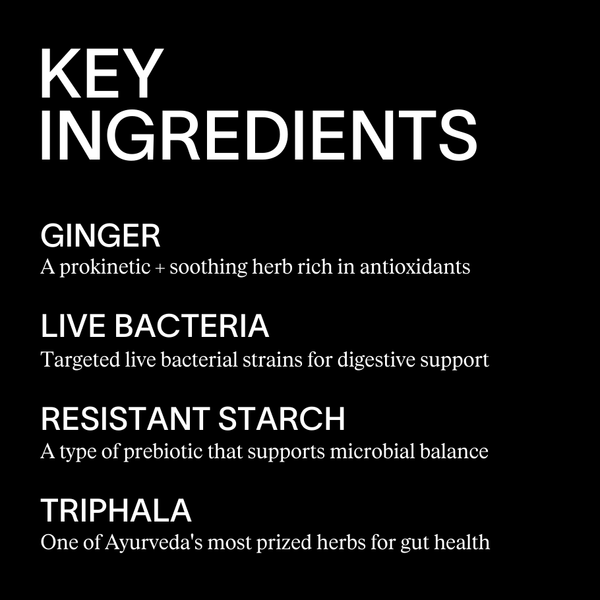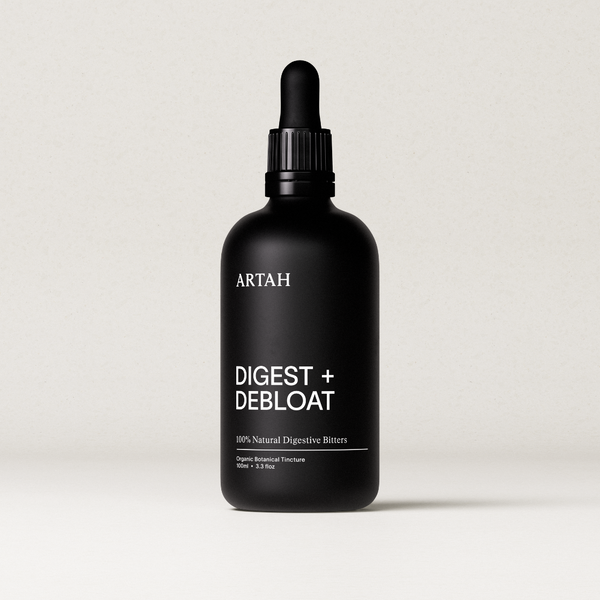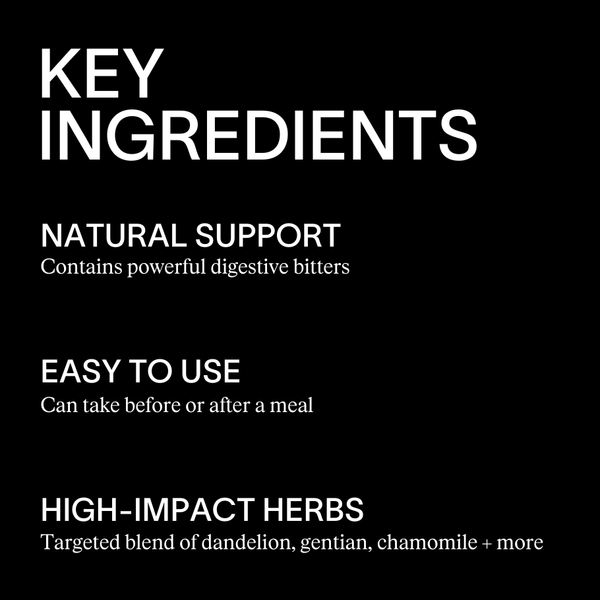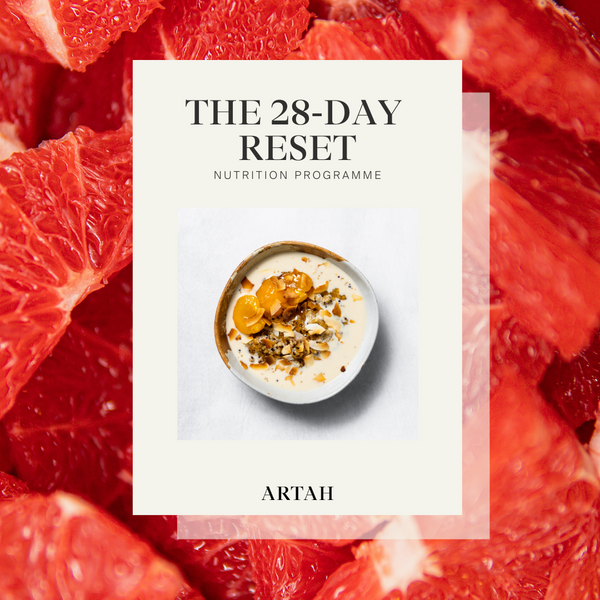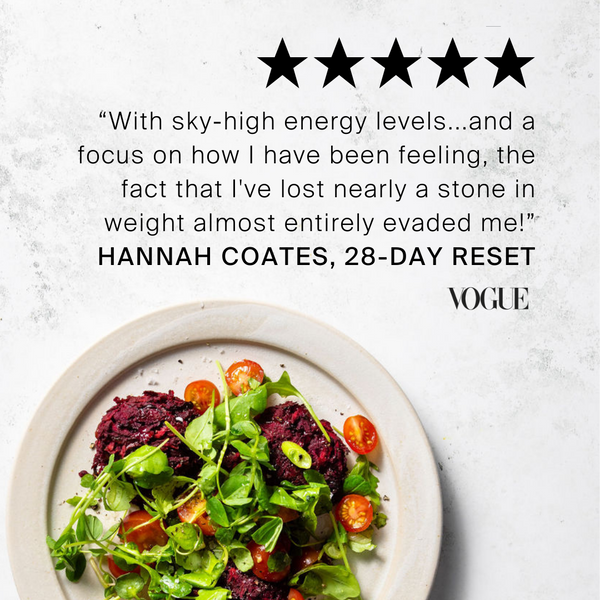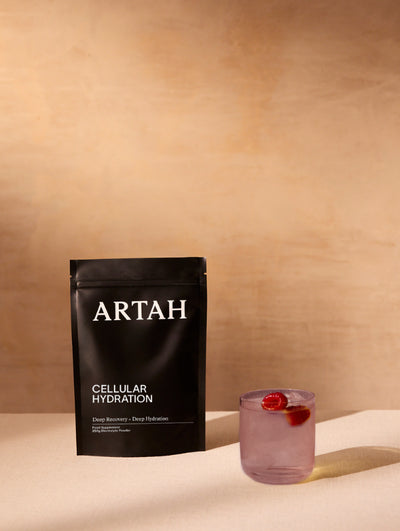Protein is one of the most hyped macronutrients to grace our plates, but with differing opinions on how much we need, when and how we should take it, and what type is best, it can be difficult to understand the truth – which is what we’re here for.
An essential macronutrient – made up of long chains of amino acids – that the body uses to grow, repair and fuel our cells, a diet high in protein is said to build muscle strength, assist with metabolic health and satiate hunger. The more lean muscle mass we have, the better our blood sugar balance, immunity and overall longevity – so eating enough protein feels like an appealing prospect.
But what do you really need to know? Is protein overhyped or is it a dietary hero? Here’s some of the science:
How much protein do we actually need to support muscle growth?
When the body digests protein from the food we eat, it’s broken down into amino acids, which can be used in a number of ways in the body – including for our muscles, skin and hair. Most of us are concerned with eating enough protein for optimal muscle health, and for that the RDA shows that adults should be looking to consume approximately 0.8 grams per kilogram of body mass. This is based on sedentary adults. To promote muscle mass and physical strength, intake of 1.0, 1.3 and 1.6g protein per kg of bodyweight per day is recommended for individuals with minimal, moderate, and intense physical activity.(1) It's important to note that protein requirements vary based on age, activity level, and health goals. While 1 gram per kilogram may be beneficial for certain populations, others may require more or less, so it’s best to base intake on your activity, goals and needs.
Additionally, for those living with obesity or looking to lose amount of body weight are best calculated on an adjusted body weight. This is current weight minus ideal body weight. Then, add + 0.25 of excess weight.
Do we really need to ingest protein within half an hour of exercise?
There’s a common misconception that in order to build, repair and remodel muscle successfully, we’ve got to consume protein within 30 to 60 minutes after exercise – this is called the anabolic window, and it is when the muscles repair and recover. Cue an insane rush to consume copious amounts of eggs or down a protein shake.Actually, if your overall protein intake is adequate, research suggest that there’s no evidence of this window of opportunity for protein, and rather, it’s more important to ensure we’re eating enough throughout the day. (2, 3)
Does increased protein intake actually help with weight loss?
Yes. Protein can play many key roles in helping with weight management. Not only does it increase our satiety, meaning we feel fuller for longer, but high protein diets are also associated with increased thermogensis, which is where the body expends heat or burns calories. Not to mention it can help us maintain or create fat-free mass as lean muscle builds, which is also great for our metabolic health. In a six month study of 60 overweight people, fat loss was almost twice as great in those eating a high protein diet, compared to those eating it only moderately – and maintaining a moderate-to-high protein diet also ensured they maintained their weight loss. (4)
What are the best sources of protein?
There are a number of ways to incorporate protein into our diets. Chicken and salmon are great sources of lean protein – for example, a 100g chicken breast offers around 31g of protein, while salmon offers 25g. Eggs, cheese and yoghurt are also great sources. Plant protein is a brilliant – and often overlooked – way to increase the amount we’re consuming. Fermented soy, beans and legumes, alongside nuts and vegetables are all good examples of protein-rich foods – plus they’re also packed with fibre and polyphenols that can improve our health in other ways, too. There are some surprising places we can find protein.
Is Protein Only Good for Muscle?
Protein is essential for numerous bodily functions beyond muscle development. It plays a critical role in building and repairing tissues, producing enzymes and hormones, supporting immune function, and providing energy. Protein helps keep our immune system sharp, it helps form antibodies that help fight infections. The health of our bones is influenced by protein, as it contributes to bone structure and strength by supporting collagen production and calcium absorption. In the absence of glucose (carbs), protein can be converted into glucose, providing energy to fuel the body. Proteins are fundamental components of our hormones and enzymes that regulate various physiological processes.
Finally, protein aids in the repair and growth of tissues throughout the body, ensuring proper healing and maintenance. These functions highlight the indispensable role of protein in maintaining overall health, far beyond its association with muscle development.
References:
- Wu G. Dietary protein intake and human health. Food Funct. 2016 Mar;7(3):1251-65. doi: 10.1039/c5fo01530h. PMID: 26797090.
- Lak M, Bagheri R, Ghobadi H, Campbell B, Wong A, Shahrbaf A, Shariatzadeh M, Dutheil F. Timing matters? The effects of two different timing of high protein diets on body composition, muscular performance, and biochemical markers in resistance-trained males. Front Nutr. 2024 May 23;11:1397090. doi: 10.3389/fnut.2024.1397090. PMID: 38846541; PMCID: PMC11156191.
- Schoenfeld, B.J., Aragon, A.A. & Krieger, J.W. The effect of protein timing on muscle strength and hypertrophy: a meta-analysis. J Int Soc Sports Nutr 10, 53 (2013). https://doi.org/10.1186/1550-2783-10-53
- Skov, A., Toubro, S., Rønn, B. et al. Randomized trial on protein vs carbohydrate in ad libitum fat reduced diet for the treatment of obesity. Int J Obes 23, 528–536 (1999). https://doi.org/10.1038/sj.ijo.0800867
- Institute of Medicine (US) Committee on Military Nutrition Research. The Role of Protein and Amino Acids in Sustaining and Enhancing Performance. Washington (DC): National Academies Press (US); 1999. 1, Committee Overview. Available from: https://www.ncbi.nlm.nih.gov/books/NBK224619/?utm_source=chatgpt.com
Disclaimer: The information presented in this article is for educational purposes only and is not intended to diagnose, prevent, or treat any medical or psychological conditions. The information is not intended as medical advice, nor should it replace the advice from a doctor or qualified healthcare professional. Please do not stop, adjust, or modify your dose of any prescribed medications without the direct supervision of your healthcare practitioner.
